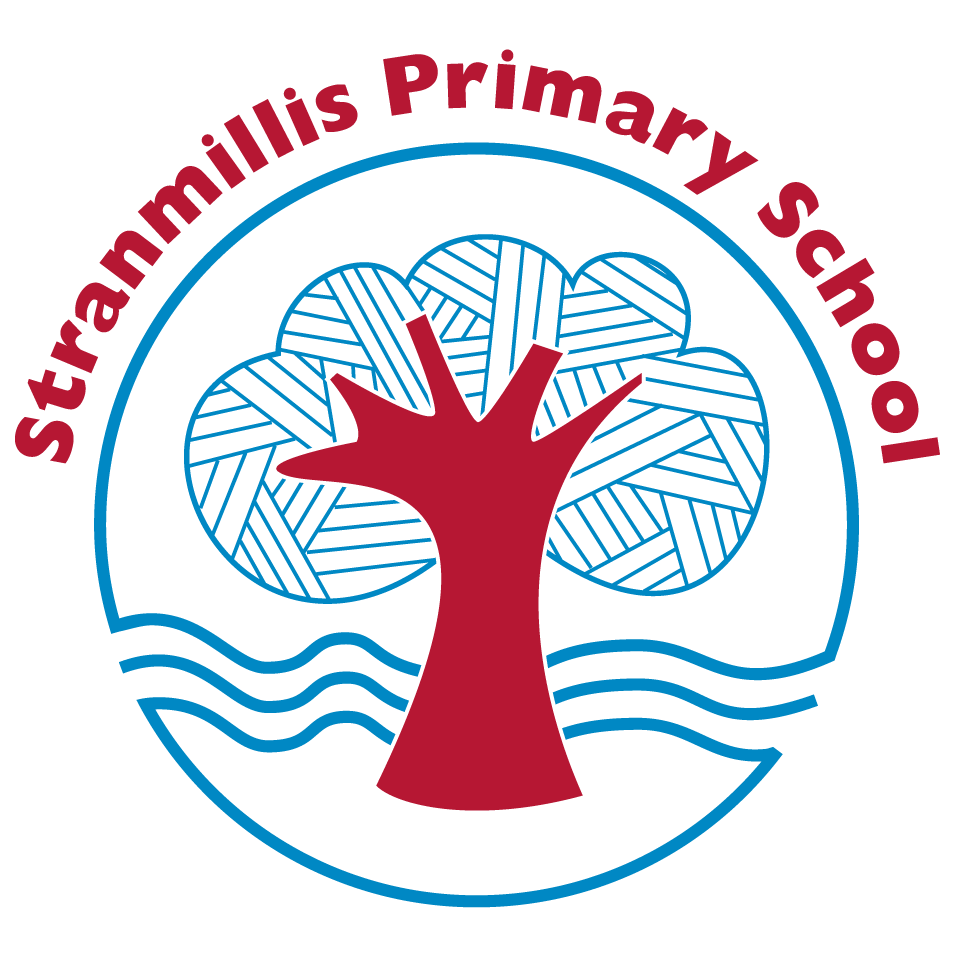Curriculum
School Development Plan 2024-2025
School Development Plan 2021-2024
Our Vision
We believe that all the members of our school community are unique and special individuals. Our school will nurture all these individuals in their life-long journey to achieve their full and unique potential. The members of our school community will be empowered to take ownership of their role as citizens of the local and global communities. We will celebrate our self-worth, appreciate our individual talents and achievements and strive to understand and empathise with others. We will embrace diversity and individual difference and demonstrate, through our daily practice and procedures, respect for all. We will accept our responsibility to ensure that our vision is transparent in all that we do.
Curriculum Policy
All children have a right to a broad, balanced and relevant education that provides continuity and progression and takes individual differences into account. Work in school is designed to meet the requirements of the Northern Ireland Curriculum.
At Stranmillis Primary School we will:
- cater for the needs of individual children of both sexes from all ethnic and social groups, including the most able and those who are experiencing learning difficulties or physical disabilities;
- facilitate children's acquisition of knowledge, skills and qualities which will help them to develop intellectually, emotionally, socially, physically, morally and aesthetically, so that they may become independent, responsible, useful, thinking, confident and considerate members of the community;
- create and maintain an exciting and stimulating learning environment;
- ensure that each child's education has continuity and progression;
- ensure that there is a match between the child and the tasks he/she is asked to perform;
- provide an appropriate curricular balance amongst the competing and sometimes conflicting aims of education;
- recognise the crucial role which parents play in their children's education and make every effort to encourage parental involvement in the educational process; and
- treat children in a dignified way.
Children should:
- learn to be adaptable, solve problems in a variety of situations, and work independently and as members of a team;
- be developing the ability to make reasoned judgements and choices, based on interpretation and evaluation of relevant information from a variety of sources;
- be happy, cheerful and well balanced;
- be enthusiastic and eager to put their best into all activities;
- begin acquiring a set of moral values, e.g. honesty, sincerity and personal responsibility, on which to base their own behaviour;
- be expected to behave in a dignified and acceptable way and learn to become responsible for their actions;
- care for and take pride in their school;
- be developing tolerance, respect and appreciation of the feelings and capabilities of others in an unbiased way;
- be developing non-sexist and non-racist attitudes;
- know how to think and solve problems mathematically in a variety of situations using concepts of number, measurement, shape and space, and handling data;
- be able to listen and read for a variety of purposes and be able to convey their meaning accurately and appropriately through speech and writing for a variety of purposes;
- be developing an enquiring mind and scientific approach to problems;
- be active in solving problems using technological skills;
- be capable of communicating their knowledge and feelings through various art forms, including art and design, music and drama;
- be acquiring appropriate techniques which will enable them to develop their inventiveness and creativity;
- know about geographical, historical and social aspects of the local environment and the national heritage; be aware of other times and places and recognise links among family, local, national and international events;
- have some knowledge of the beliefs of the major world religions;
- be developing agility, physical co-ordination and confidence in and through movement; and
- know how to apply the basic principles of health, hygiene and safety.
Assemblies/RE
At Stranmillis Primary, we value the importance of our pupils gathering each week to: promote and learn about our core school values; celebrate successes; share important information; sing together; and to cover elements of the statutory RE curriculum. To that end, P1-P3 and P4-P7, assemble twice a week for twenty minutes. P1-P3 meet on Tuesday and Thursday mornings, and P4-P7 on Mondays and Fridays. On Wednesdays, we have a P5-P7 choir practice.
The first assembly of every month is our ‘values’ assembly when the focus is on our ‘value of the month’. We then have two singing assemblies a month when the children learn Christian songs, and two singing assemblies when the children learn other songs. On occasions, P4-P7 have visitors from local churches, during which the visitor shares with the children a moral or value based on a Bible story. P1-P3 assemblies don’t have visitors from local churches, but teachers lead assemblies along the same lines as described for P4-P7. In the run up to Christmas, several assemblies are set aside to practise for the P1-P3 nativity plays and for the P4-P7 Christmas concert in Fisherwick.
In addition, we have many other assemblies throughout the year to teach the children other aspects of PDMU, WAU, and Literacy etc. These include safeguarding, e-safety, World Book Day, Sports Day, visits from charities and organisations such as RNLI and the Red Cross, Earth Day, Chinese New Year celebrations, and three end of term celebration assemblies.
As detailed in the Northern Ireland RE curriculum, parents can withdraw their children from part or all of Religious Education or collective worship. If you would like to withdraw your child from Religious Education and/or assemblies with religious content, please inform the class teacher by email or through Seesaw. They will then participate in meaningful learning activities elsewhere in school.
